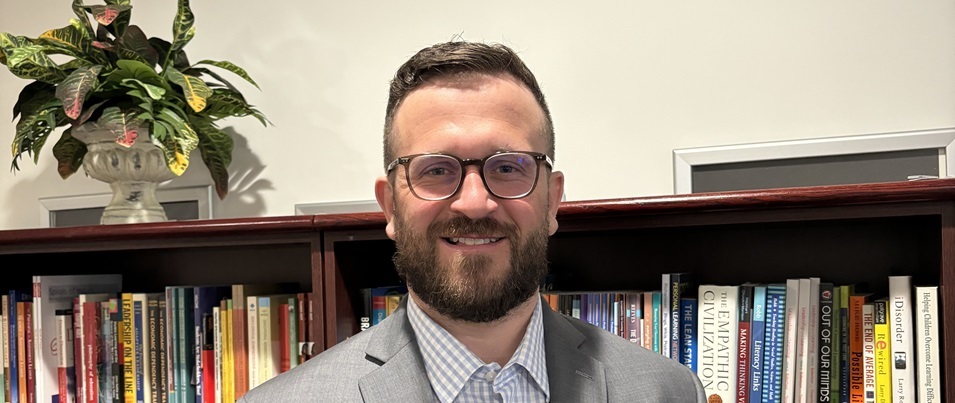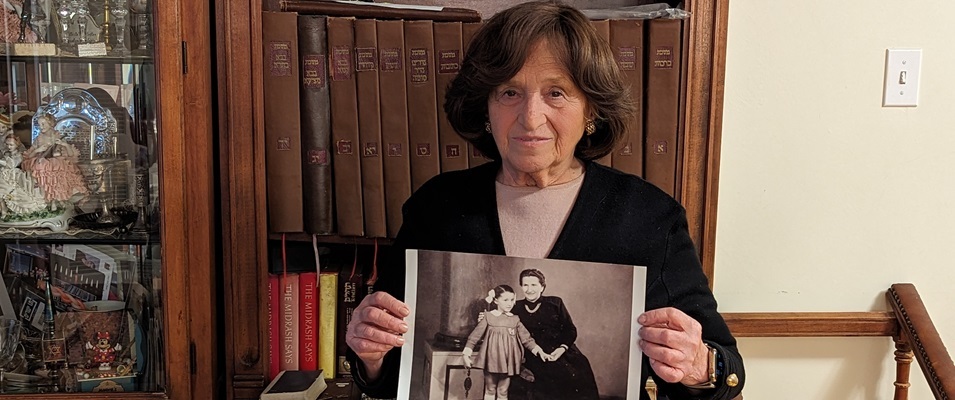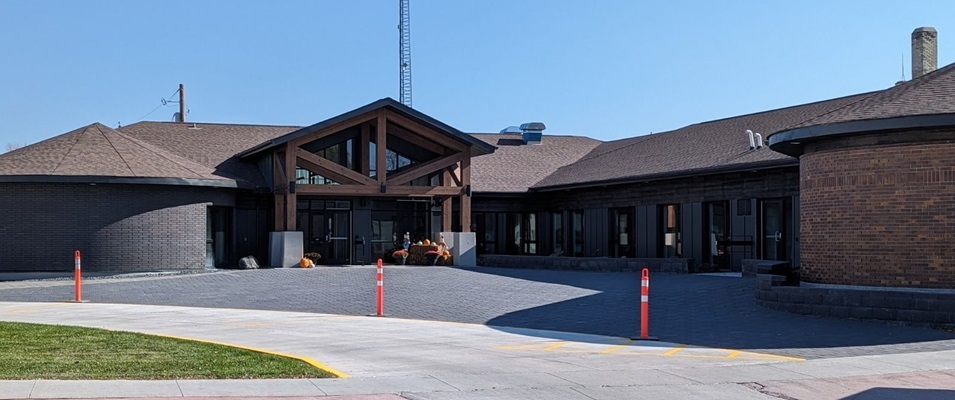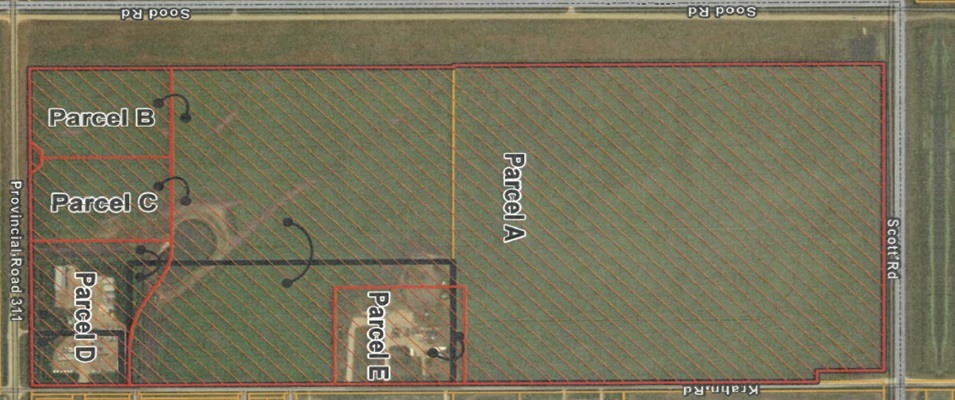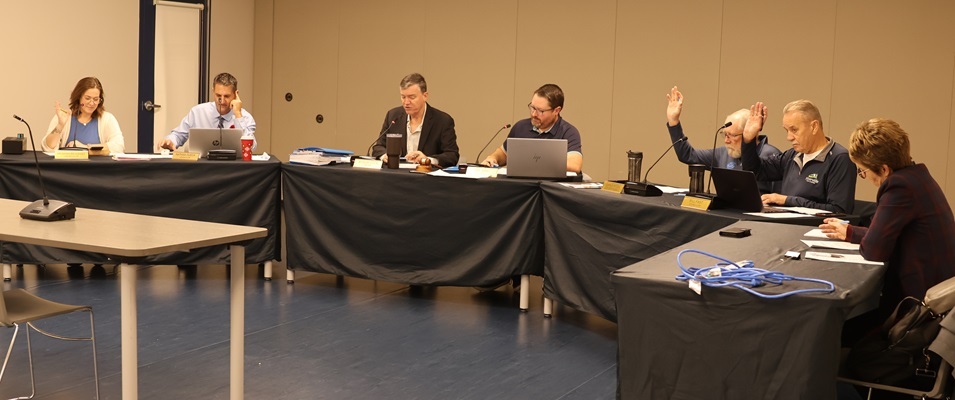In 2021, during the COVID-19 pandemic, the provincial government launched two virtual pilot projects to reach people in a state of mental health crisis in rural and remote Manitoba.
Today, those virtual programs have garnered enough success that the province is committing $2.4 million annually to streamline them into one, calling it the Rural Emergent Telepsychiatry and Integrated Virtual Ward Program.
“Stress related to the COVID-19 pandemic has increased mental health issues across Manitoba and Canada,” says Mental Health and Community Wellness Minister Janice Morley-Lecomte. “And Manitobans in rural communities and First Nations face distinct challenges in accessing the services they need, when and where they need them. We are investing in an innovative initiative that allows these individuals timely access to crisis stabilization and psychiatric care without leaving their communities and support networks, keeping them close to home as they seek wellness and recovery.”
Prior to their amalgamation into one program, the pilot projects consisted of the virtual crisis stabilization unit (vCSU) and emergent telepsychiatry services (ETS).
The vCSU provides short-term supportive community-based care for individuals experiencing psychiatric or psychosocial crisis and are at risk of being hospitalized.
ETS conducts real-time psychiatric assessments through videoconferencing tools, reaching many remote communities.
According to the province, as of May 31, 2023, the vCSU has facilitated services for more than 1,000 people in crisis, preventing unnecessary emergency room visits and hospital stays.
ETS has taken almost 550 calls for support and prevented almost 250 unnecessary out-of-community medical transports and 138 hospital admissions.
It is believed that the integration of these two programs will improve the service’s delivery and efficiency on a greater scale.
“Our virtual crisis services are breaking through the walls of our acute-care settings and expanding our reach into areas that are underserved, and directly to individuals in need within the security and comfort of their own communities and homes,” says Dr. Jennifer Hensel, co-medical director of the Rural Emergent Telepsychiatry and Integrated Virtual Ward Program. “This is the future of healthcare and we are leading the way in Manitoba.”
Jennifer Dedelley has used the vCSU program and says she was skeptical at first that it could be as beneficial as in-person care.
“I felt very supported right away, received a call every day and was also connected to other supports to help me stay on track,” Dedelley says. “I am grateful for the perspective I have gained and the support I received to get me through dark and difficult times.”






